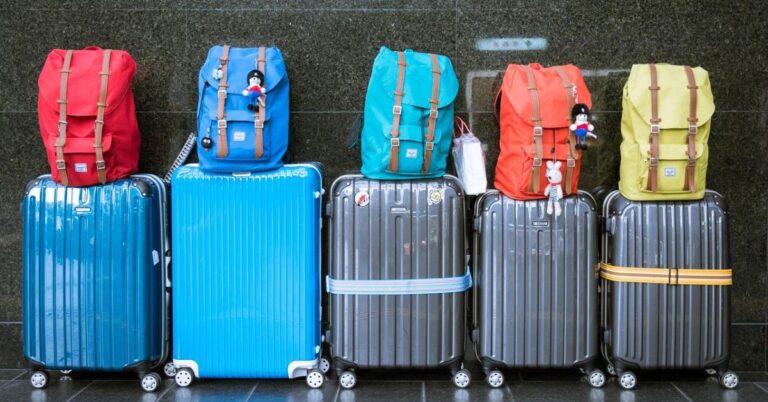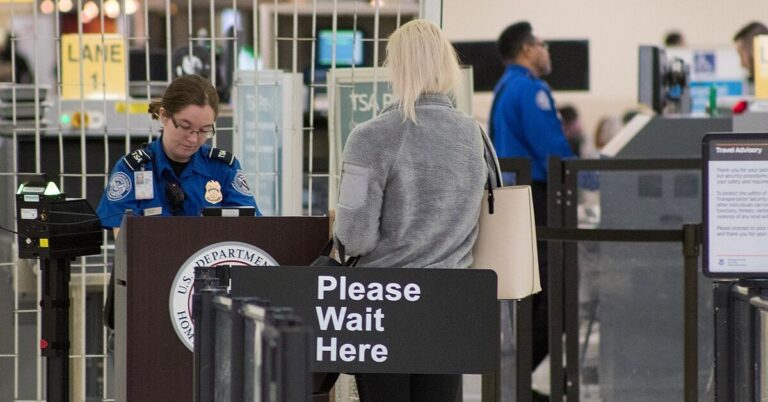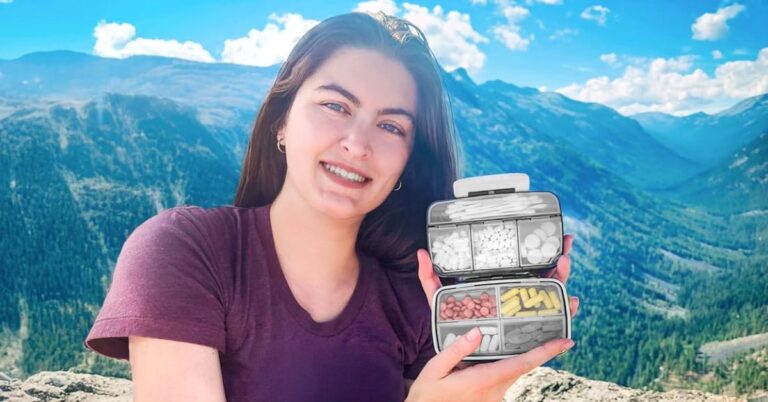15 Essential Lessons First-Time Visitors Learn Fast In South Korea

South Korea has some niche everyday customs, and first-time visitors quickly discover these habits that locals just expect you to know. Many surprises come from small, unspoken details, but these 15 practical tips will help travelers go through daily life smoothly.
Forget Google; Locals Trust Naver

Ask for directions, and you’ll get a Naver link, not a Google link. Residents barely use global map apps. If you want to move like a Seoul native, get used to Naver Map and its unmatched accuracy, down to alleyways that no tourist site dares map.
South Korean ATMs Speak Selective English

Many Korean ATMs claim “Global” access, but only a fraction truly work with foreign cards. Look for ones inside major banks, not corner stores. Additionally, many ATMs shut down late at night, which often surprises travelers who assume 24/7 access.
Street Vendors Change Menus Hourly

You might see tteokbokki in the morning and squid skewers at night—from the same stall. Seoul’s food carts pivot constantly based on nearby foot traffic. Those familiar with the area know each vendor’s “golden hour,” so ask nearby office workers which is the best time to visit.
Umbrellas Are Like Shoes—Borrow, Return

In smaller towns and university neighborhoods, you’ll notice “community umbrellas” parked at subway exits. Take one during sudden rain and return it later. It’s an informal honor system you won’t find explained in guidebooks, but it works surprisingly well.
Night Buses Run On A Secret Code

Late-night buses in Seoul use codes like “N26” or “M513” and only stop at neon-lit signs that blink after midnight. They’re often faster than taxis but nearly invisible to tourists without the right app. Naver and KakaoBus help, but one still needs to memorize the routes.
Free Wi-Fi Isn’t Always Free

Public Wi-Fi in South Korea often masquerades as free but demands local phone verification. So, tourists without Korean SIMs hit a wall fast. A hidden gem? Paris Baguette cafes. They offer open, high-speed Wi-Fi without logins for most travelers.
Some Alleys Are Curfews In Disguise

In college towns, quiet alleys enforce unspoken curfews after midnight. If you’re loud past 12, neighbors will flash porch lights or tap windows (no shouting required). It’s a unique form of neighborly discipline, especially in residential university zones like Sinchon or Hyehwa.
Department Stores Have Secret Food Basements

Not every high-end mall in South Korea has a dedicated food street, but many department stores feature diverse dining areas. These spots often attract visitors who are passing by and are just looking for a casual date spot or quick meals.
Public Baths Offer More Than Just Hot Water

Jjimjilbangs, Korean public bathhouses, provide a relaxing escape with saunas and hot pools. They serve as social hubs where people unwind after work or weekend errands. Tourists can experience authentic Korean culture beyond tourist spots in these communal spaces.
Taxi Lights Use Color Codes

If the Green light is on, that’s a vacant cab. Red means it’s taken. And no light at all means the driver’s off duty. At night, taxis flip between modes quickly, so watch the lights, not the driver, for clues. It saves arguments and wasted hand waves.
Grocery Store Music Signals Discounts

Visit a Homeplus or LotteMart, and listen closely because when upbeat synth music plays, it’s discount time. Staff rotate markdowns with background jingles, and shoppers recognize sale times by the music cues. It’s like Pavlov’s bell but for bargain hunters.
Koreans Have Subway Seat Strategies

There’s an unspoken rulebook: elderly priority seats are sacred (even when empty), and spots near doors fill last. To grab a seat, stand near the center poles—most people avoid them because of the swaying.
Most Bars Don’t Open Before 7 PM

You won’t find 5 PM happy hours in Korea’s nightlife. Bars typically open at 7 or 8 PM and peak after 10. Early drinks? Head to chicken shops or BBQ joints, where beer and soju flow hours before the bar lights even switch on.
Convenience Stores Double As Social Hubs

CU and GS25 aren’t just for snacks. Teens gather there after class, office workers stop by to unwind, and friends casually “hang” on the plastic tables outside. Think of them like neighborhood cafes with deliciously quick ramen.
You Can Ship Your Luggage To The Airport

In major cities, hotel desks or partnered kiosks offer “luggage shipping” to the airport. But most tourists never learn it exists. People here use this service before business trips because it’s faster and safer than carrying large bags on the subway.






